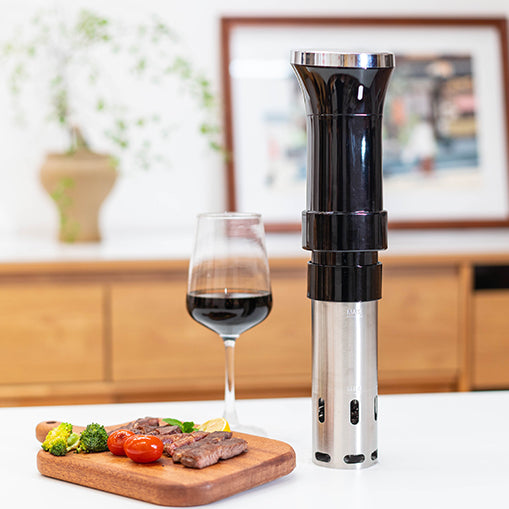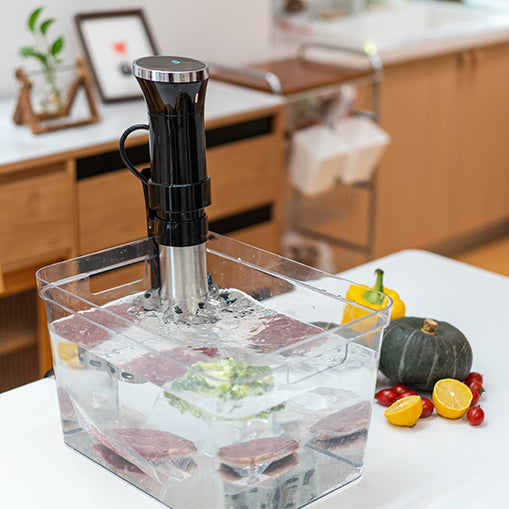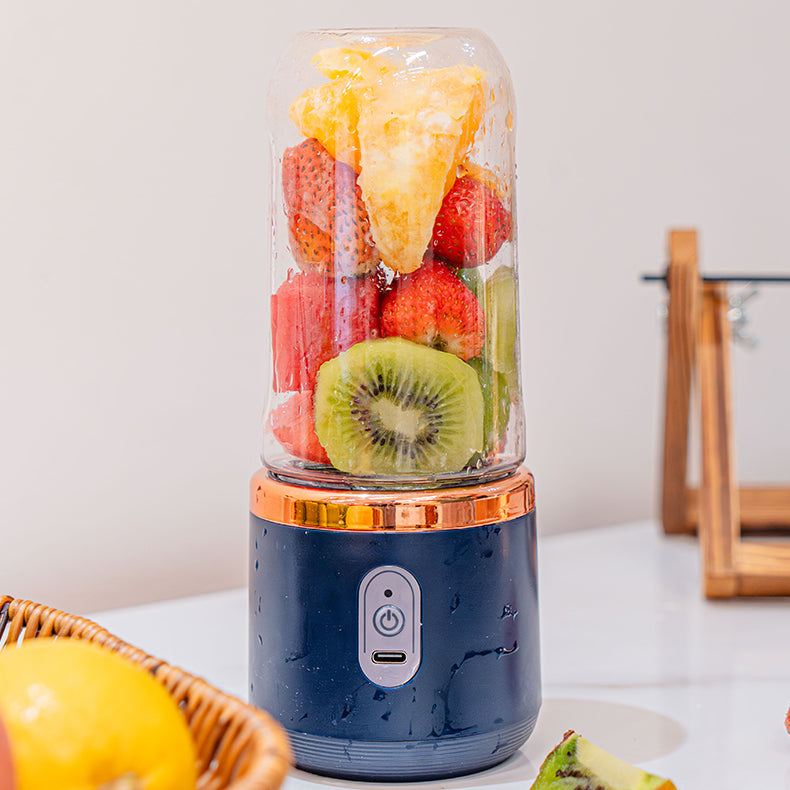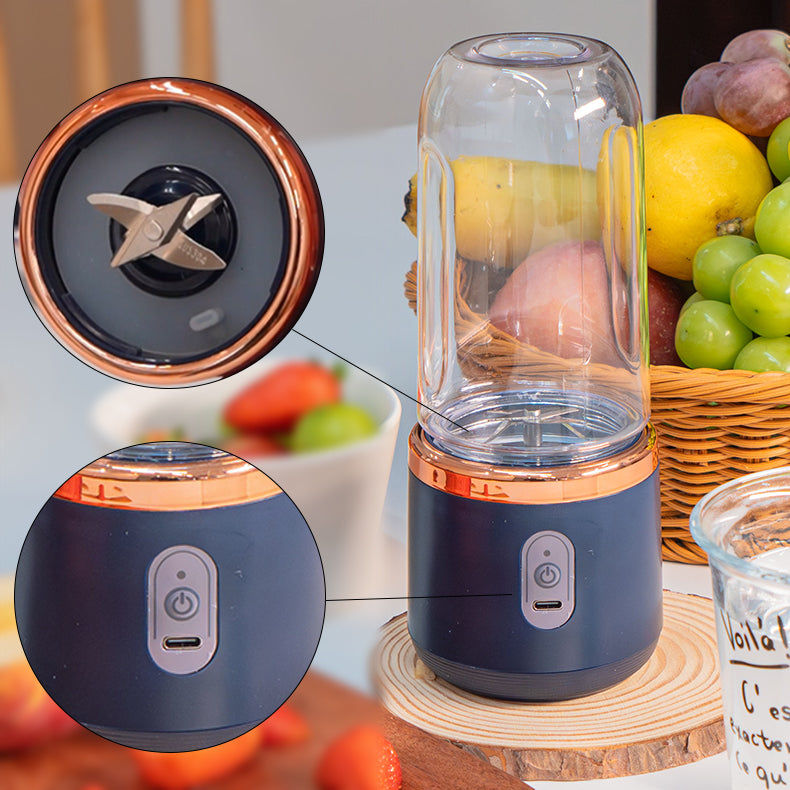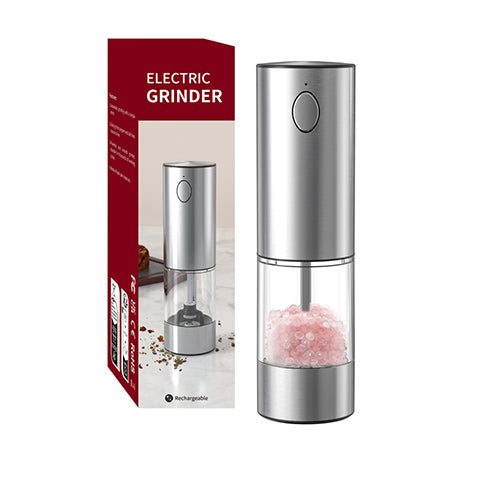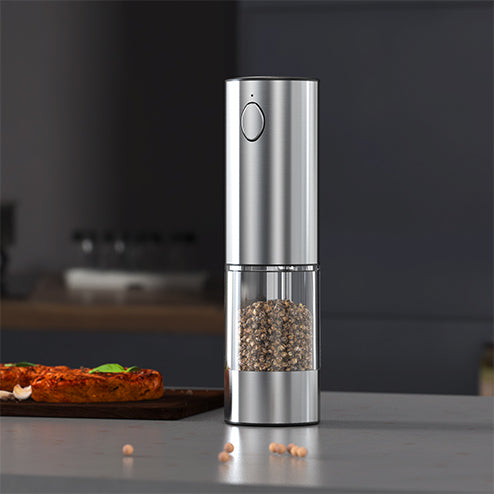Finding tranquility in the early mornings with a warm cup of coffee is an ideal start to anybody's day. However, are you tired of your morning coffee routine disrupting the tranquility of your home? The clamor of a noisy coffee machine can disturb the peace, especially during early mornings. Fortunately, there are ways to mitigate the racket and ensure a more serene start to your day. In this comprehensive guide, we'll delve into the reasons behind coffee machine noise and offer actionable tips for how to make coffee machines quieter to achieve quieter brewing sessions. With these strategies, you can transform your mornings into peaceful rituals of coffee enjoyment without the unwanted din.

Why Does Your Coffee Machine Make Noise?
Understanding why your coffee machine is noisy is the first step to addressing the issue. Noise in coffee machines can come from various causes. Understanding these underlying causes can help you identify and address the specific sources of noise in your coffee machine.
- Grinding Process: The most common source of noise is the grinding process. As the machine grinds coffee beans, the blades create friction and vibrations, resulting in the familiar grinding sound. This noise is essential for breaking down the beans into grounds suitable for brewing.
- Pump Operation: Espresso machines, particularly those with built-in pumps, produce noise as they pressurize water to force it through the coffee grounds. The pumping action generates vibrations and audible sounds during the brewing process.
- Boiler Heating: Coffee machines with built-in boilers can also contribute to noise levels. Heating elements within the boiler heat the water to the desired temperature for brewing, producing audible sounds as the water reaches boiling point.
-
Steam Wand: For espresso machines with a steam wand, the process of producing steam can contribute to noise. The steam wand releases steam under pressure, resulting in hissing or whistling sounds.

How to Make Your Coffee Machine Quieter?
Coffee machines are essential for many households. Now that we know the possible causes of your coffee machine noise, let's explore some strategies you can employ to minimize the noise and enjoy a more peaceful brewing experience.
Choose the Right Location
Where you place your coffee machine can significantly impact its noise level. Opt for a stable surface that absorbs vibrations and minimizes noise transmission. For example, putting your grinder on a soft, cushioned surface, or resting it on a thick towel or mat can effectively reduce noise and minimize vibrations. Avoid placing the machine directly against walls or hard surfaces, as this can amplify the sound.
Grind at a Lower Speed
The grinding process is a primary source of noise in coffee machines. Many modern machines offer adjustable grinding speeds. Opting for slower grinding speeds can significantly reduce noise levels without compromising the quality of your coffee grounds.
Avoid Overloading
Overloading your coffee machine with beans can strain the grinder and lead to excessive noise during operation. Follow the manufacturer's recommendations for bean capacity to prevent overloading and ensure smooth, quiet operation.
Store Your Coffee Machine in Room Temperature
Temperature fluctuations can cause metal components in your coffee machine to expand and contract, resulting in increased noise levels. To mitigate this, store your machine in a consistent room temperature environment. This helps maintain the integrity of the machine's components and reduces noise during operation.
Regularly Clean and Maintain Your Coffee Machine
Built-up coffee particles and oils can accumulate inside your coffee machine over time, leading to louder grinding noises. Regular cleaning and maintenance are essential to keep your machine running smoothly and quietly. Follow the manufacturer's guidelines for cleaning intervals and procedures to ensure optimal performance.

Select Quieter Blades
Consider upgrading to quieter grinder blades designed to minimize noise levels. Quieter blades use innovative designs and materials to reduce friction and vibration during the grinding process, resulting in a quieter brewing experience without sacrificing the quality of your coffee grounds.
Install Noise-Reducing Materials within the Grinder
For those who enjoy DIY projects, installing sound-dampening materials inside the grinder can effectively reduce noise levels. Foam or rubber materials can be inserted into the grinder to absorb vibrations and minimize noise transmission during operation.
Choose a Quieter Coffee Machine
When selecting a new coffee machine, prioritize models equipped with noise-reducing features. Look for machines with silicone or rubber sleeves around the blades, as these materials help dampen noise during operation. Additionally, consider machines with advanced noise-reduction technologies for quieter brewing sessions.

Designed for a serene brewing experience, the SCHWUA Italian Espresso Machine is perfect for quiet mornings. Equipped with a 1400W motor, 20-bar pump pressure, and advanced temperature control, it brews rich espresso effortlessly. Its 360° steam wand ensures barista-quality milk frothing, while the compact, sleek design fits any kitchen. Enjoy quiet, café-quality brewing at home with this innovative machine.
Conclusion
Now you know how to make the coffee machine quieter. Overall, making your coffee machine quieter is a combination of regular maintenance and smart choices when buying and using your machine. By implementing these strategies from choosing the right location to opting for coffee machines designed for quieter operation, you can significantly reduce the noise produced by your coffee machine, leading to more peaceful mornings and a more enjoyable brewing experience with the comforting sound of percolating coffee in the background - just as it should be.
[ddshopfaq-66281]
